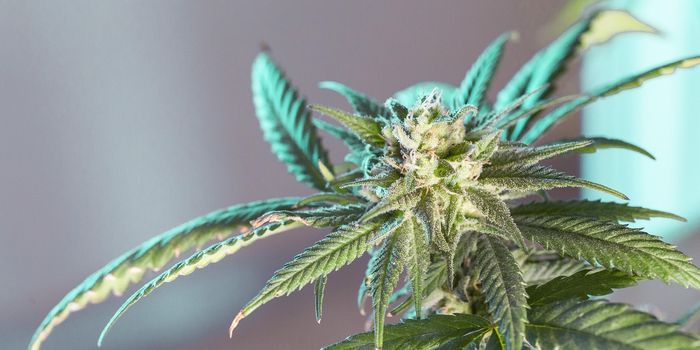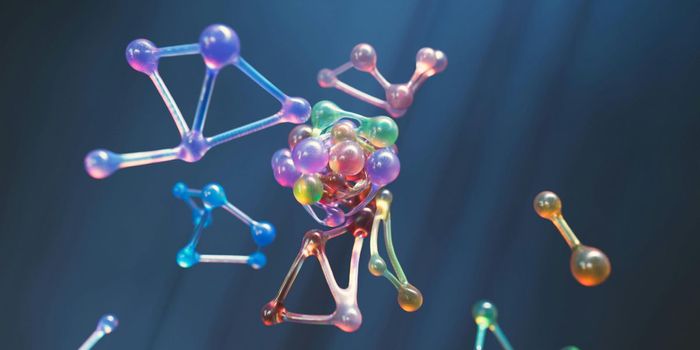Researchers Identify Two DNA Regions Behind Cannabis Abuse
Researchers at the Washington School of Medicine in St. Louis have identified two regions in our DNA that seem to contribute to a person's risk of becoming dependent on cannabis.
For the study, the researchers analyzed DNA and other data from close to 21,000 people diagnosed with cannabis use disorder alongside that from 360,00 who did not have the diagnosis.
From their analysis, they found a link between cannabis use disorder and a region of DNA near the FOXP2 gene on chromosome 7. This gene has previously been associated with language development and risk-taking behavior.
The researchers also found a link between the misuse of cannabis and the CHRNA2 gene on chromosome 8, which had previously been linked to cannabis use disorder in previous studies as well, and to nicotine addiction.
The researchers say that while up to 20% of those who use cannabis will develop problems with its usage, around 50% of these people are at risk due to their genetics. While these genetic variants alone are not useful in letting someone know about their personal risk for cannabis misuse, the researchers say that knowledge of them may pave the way for treatments of the disorder in the future.
Alongside these results, using data from the Adolescent Brain Cognitive Development (ABCB) Study, the researchers also found that adolescents with higher genetic susceptibility for serious problems with cannabis had a slightly lower volume of white matter in their brain than adolescents with a lower genetic susceptibility. Given that this was the case both before and after cannabis use, these findings suggest that some may be vulnerable to cannabis use disorder well before they are exposed to the substance.
The researchers also identified behavioral factors linked to problems with cannabis usage. These include excessive risk-taking behavior, schizophrenia, and lower levels of educational attainment.
"The relationship between education, marijuana use, and problems with marijuana is particularly interesting because genetic predisposition for using the drug is correlated with higher educational attainment, but genetic liability for problematic use is linked to less education" says Emma C. Johnson, first author of the study.
"Certainly, one has to first use cannabis to develop problems, but the genetic influences on initiating use appear to be somewhat different from the genetic factors that contribute to the development of serious problems. It also is possible that those who use cannabis occasionally but don't develop addiction may be genetically predisposed to other protective influences, such as more years of education."
Sources: Medical Xpress, El Sevier









